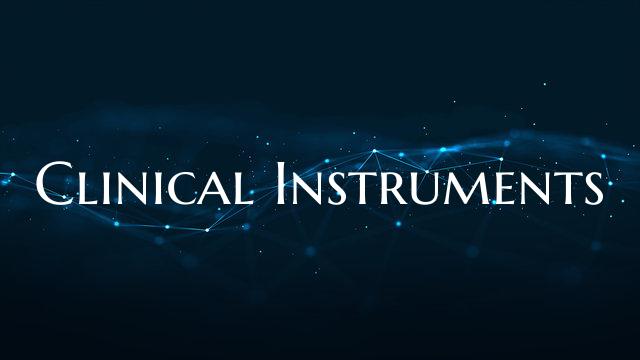Clinical Instruments
Clinical instruments play a crucial role in the accurate diagnosis and treatment of various medical conditions. These specialized tools are utilized by healthcare professionals in clinical settings to examine, monitor, and treat patients effectively. Ranging from simple devices like thermometers and blood pressure cuffs to more advanced instruments such as ultrasound machines and endoscopes, clinical instruments empower medical practitioners to deliver quality patient care.
One of the key aspects of clinical instruments is their precision and reliability. These instruments are designed to provide accurate measurements and observations, which are essential for making informed decisions regarding patient health. For example, diagnostic tools like stethoscopes help doctors listen to the sounds of the heart and lungs, allowing them to identify abnormalities and determine the appropriate course of treatment.
Moreover, advancements in technology have revolutionized clinical instruments, leading to the development of cutting-edge devices that enhance healthcare delivery. For instance, imaging tools like MRI and CT scanners enable healthcare providers to obtain detailed pictures of internal organs and tissues, aiding in the diagnosis of various medical conditions.
In addition to diagnosis, clinical instruments also play a vital role in monitoring patients during treatment and in surgical procedures. Devices like heart rate monitors, pulse oximeters, and anesthesia machines help healthcare teams ensure the safety and well-being of patients throughout their healthcare journey.
Overall, clinical instruments are indispensable tools that contribute significantly to the practice of modern medicine. By providing accurate measurements, facilitating diagnosis, and enhancing treatment outcomes, these instruments enable healthcare professionals to deliver high-quality care to patients and improve overall health outcomes.

